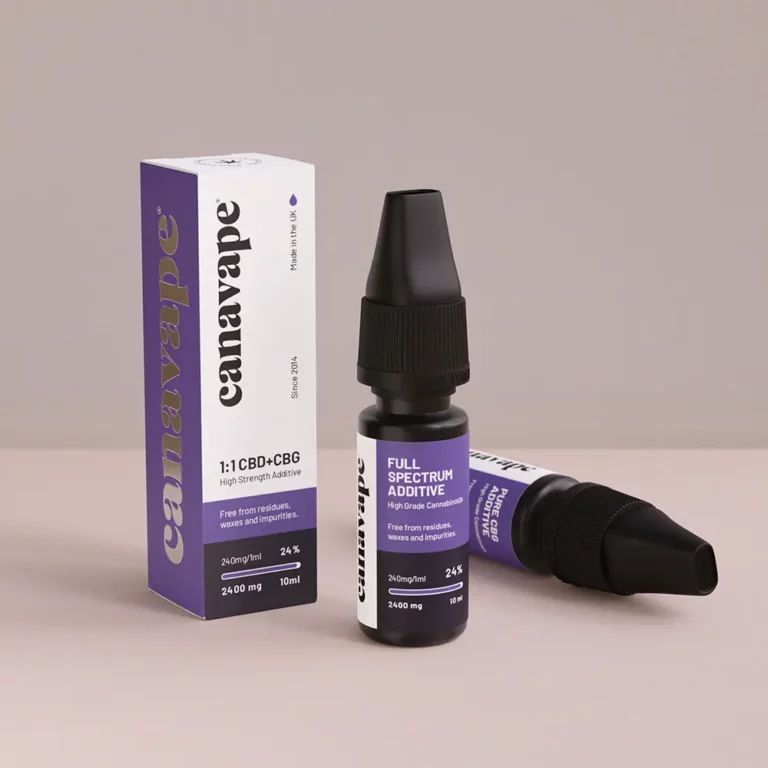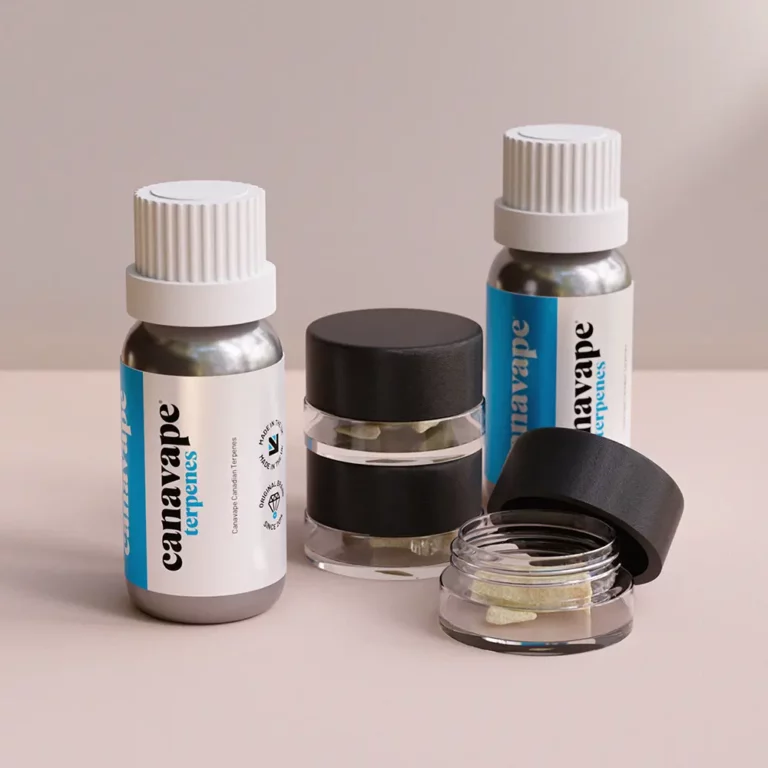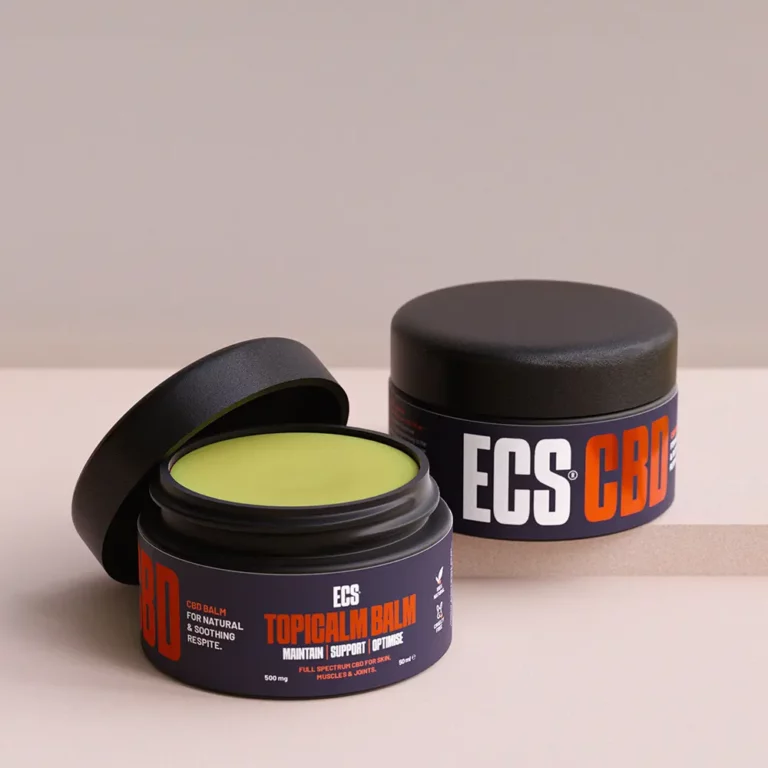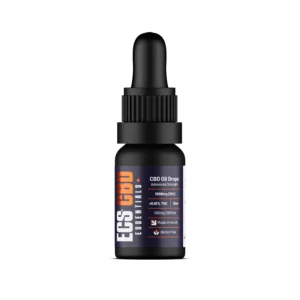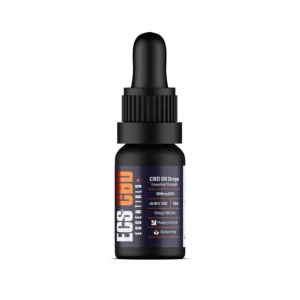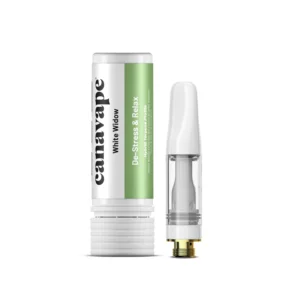Psoriasis is a chronic autoimmune skin condition that affects millions of people worldwide. It is characterized by red, itchy, and scaly patches on the skin, which can be both physically and emotionally distressing. While there is no known cure for psoriasis, various treatment options are available to manage its symptoms and improve the quality of life for those affected.
One emerging alternative treatment that has gained significant attention is CBD oil. CBD, or cannabidiol, is a naturally occurring compound found in the cannabis plant. Unlike its counterpart THC, CBD does not cause psychoactive effects, making it a safe and non-intoxicating option for individuals seeking relief from various health conditions, including psoriasis.
Research on the potential benefits of CBD oil for psoriasis is still in its early stages. However, several studies and anecdotal evidence suggest that CBD may offer some relief for psoriasis symptoms due to its anti-inflammatory, immunosuppressive, and analgesic properties.
Anti-Inflammatory Properties
Psoriasis is primarily an inflammatory condition, with immune cells mistakenly attacking healthy skin cells and triggering an inflammatory response. CBD has been found to possess potent anti-inflammatory properties, which could help alleviate the inflammation associated with psoriasis.
By interacting with the endocannabinoid system (ECS) in our bodies, CBD can inhibit the production of pro-inflammatory cytokines and promote the release of anti-inflammatory cytokines. This modulation of the immune response may help reduce the severity of psoriasis symptoms, including redness, itching, and swelling.
Immunosuppressive Effects
Another potential benefit of CBD oil for psoriasis is its immunosuppressive effects. Psoriasis is caused by an overactive immune system, and CBD has shown promise in regulating immune responses.
Studies have demonstrated that CBD can suppress the production of specific immune cells and cytokines involved in the pathogenesis of psoriasis. By modulating the immune system, CBD may help restore the balance and reduce the abnormal cell growth and inflammation associated with the condition.
Analgesic Properties
Psoriasis can be accompanied by discomfort and pain due to the inflammation and itching of the affected skin. CBD oil may provide relief from these symptoms through its analgesic properties.
When applied topically or ingested, CBD interacts with the receptors in our body’s endocannabinoid system, which plays a crucial role in regulating pain perception. By activating these receptors, CBD can potentially reduce the sensation of pain and provide a soothing effect for individuals with psoriasis.
It is important to note that while CBD oil shows promise as a potential complementary treatment for psoriasis, it should not replace traditional medical advice or prescribed medications. As with any alternative treatment, it is advisable to consult with a healthcare professional before incorporating CBD oil into your psoriasis management plan.
In conclusion, CBD oil may offer potential benefits for individuals with psoriasis due to its anti-inflammatory, immunosuppressive, and analgesic properties. While more research is needed to fully understand its effectiveness, many people have reported positive experiences with CBD oil as part of their psoriasis treatment regimen. As always, it is crucial to consult with a healthcare professional to determine the best approach for managing your psoriasis symptoms.



